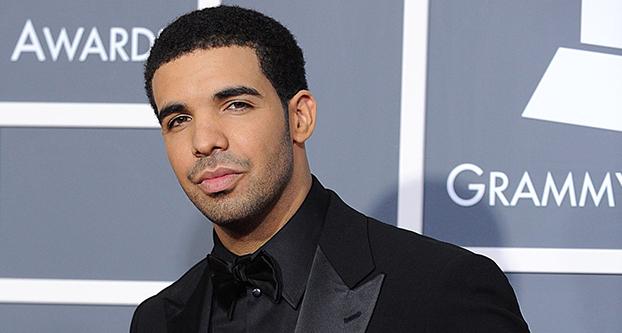Stop bashing young people who use slang. Millennials have a plethora of new word choices that seem to constantly get criticized by members of older generations and even other elitist Millennials.
While it is somewhat expected that older generations do not get the appeal of “swag” or “bae,” it is interesting to see the division within our own generation. It is also a little infuriating.
If you are on your high horse about what language is proper, get right off it.
Language is an ever-evolving entity that encompasses new words every day. Language is alive; it expands and contracts. Some words gain in popularity, while some words die (looking at you, tubular).
There is not one entity that decides what “good” language is. Sure, academia pressures us into using elevated language for term papers and coursework, but we do not use that elevated speech in our everyday conversations.
There is not some almighty book that tells us what is or is not a word, unless you count the dictionary, which actually does add slang.
“Twerk” and “selfie” were recently added to the Oxford English Dictionary.
Dictionaries are not meant to tell readers what words are or are not “proper.” Rather, they are a record of words that have had enough cultural and literary significance that they warrant a definition.
When people choose to use slang, they are making the decision to add to this generation’s vernacular. Every generation adds to the world’s vocabulary. Didn’t you ever read “Frindle”?
Someone else who added to common vernacular was William Shakespeare.
So much of our current language is attributed to him. He supposedly coined words like “bedazzled” and “majestic.” In fact, Shakespeare did not actually coin those terms. He recorded them from popular vernacular at the time.
These words were not “proper” in any sense. They were the words that the lower class used and were immortalized in time by literature.
The arts are often key to immortalizing these phrases. We cannot forget that Drake was the first person to utilize “YOLO” in the music industry, which launched the term into mainstream culture and garnered much censure over the last couple years.
The acronym is now found on clothing and apparel around the nation, making it one of the most widespread trends of the current decade.
The prevalence of the Internet is a massive reason as to how and why slang has become even more commonplace than previous generations.
Terms spread like wildfire through social media outlets and mainstream music. Our exposure to new language is unlike any prior generation.
Terms now have the power to be trending in just a few hours with the popularity of hashtags. Millennials can now connect their language across the world, whereas in the past, language spread slowly and was limited by geography.
Most common slang derives from the lower class. It is often the speech of the underprivileged and uneducated, and to dismiss the language of a group of people is to dismiss that group. If you take away the way people speak, you are silencing stories that are yet to be recorded.
What would have happened to the English language if Shakespeare, and many like him had been banned from using the vernacular of the poor?
What is worse is that judging people for their word choice is not only classist, it is often racist. Modern slang often appropriates its use from black culture and Ebonics. When dismissing words like “fleek” or “boo,” entire subcultures and ethnicities are censored.
Instead of disrespecting individuals who use terms that you may not understand, look them up.
There are plenty of online slang dictionaries that serve this purpose. The most prevalent of such is Urban Dictionary. This website tracks different colloquial terms from around the world and often gives accurate and humorous definitions.
You don’t have to use “ratchet” in your daily dialect, but do not hate on others who do.
Respect the language choices of others. Don’t be basic, yo.





Brett • Sep 16, 2015 at 1:31 pm
I don’t hate people who use slang in their language on a daily basis, but I also don’t have to hire them. Use of something other than what’s considered “proper” at the time (the Shakespearean references to words that have migrated to common use over 300+ years is irrelevant) isn’t acceptable for most careers, social engagements, and interaction with individuals outside of one’s ethnicity or socioeconomic class. No one should tell someone how they should speak, but that person should be prepared for rejection in some situations. In the same way that I wouldn’t hire or do business with someone that walked into an interview/business meeting in jean shorts and a tank top, I can also use my discretion to not have them as a rep for my business or as a potential business partner due to their choice of dress attire.